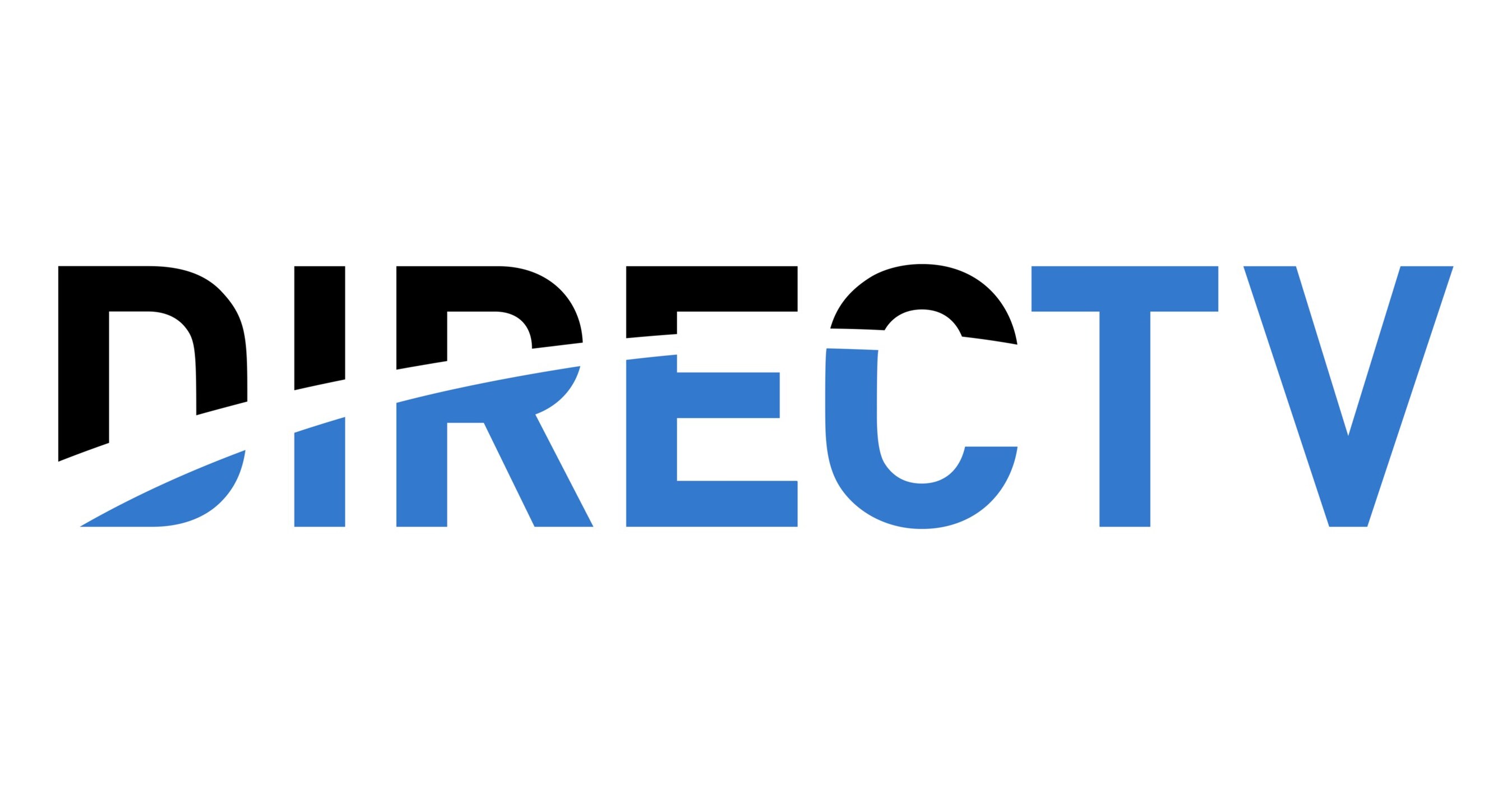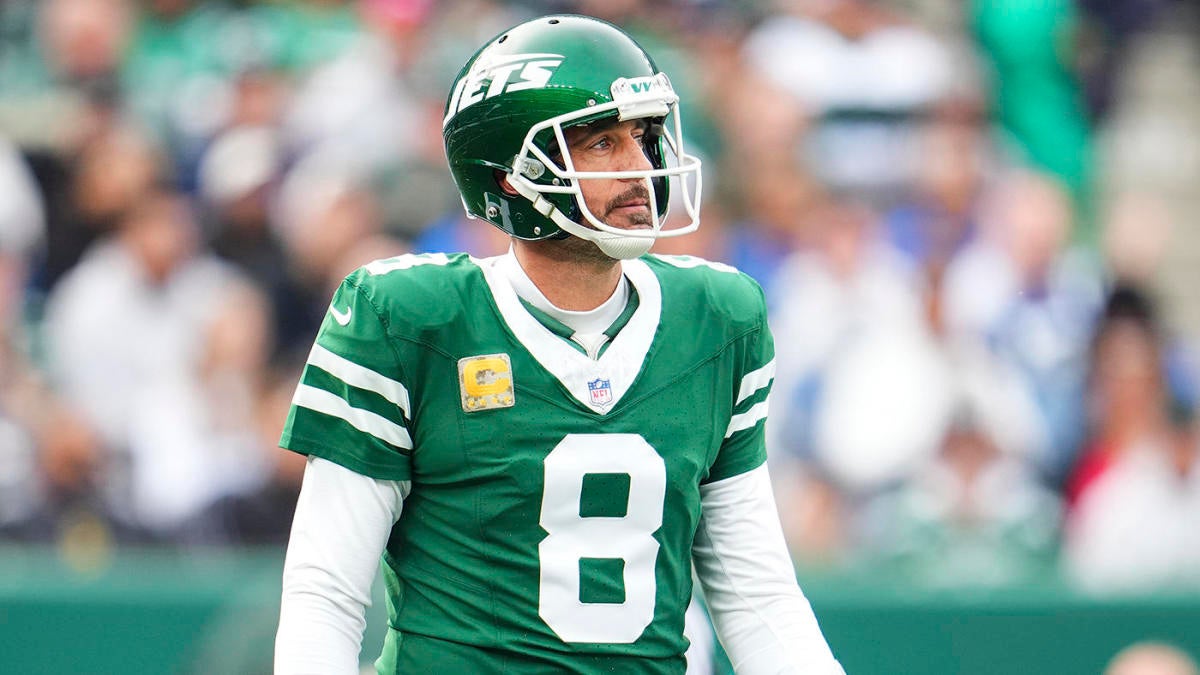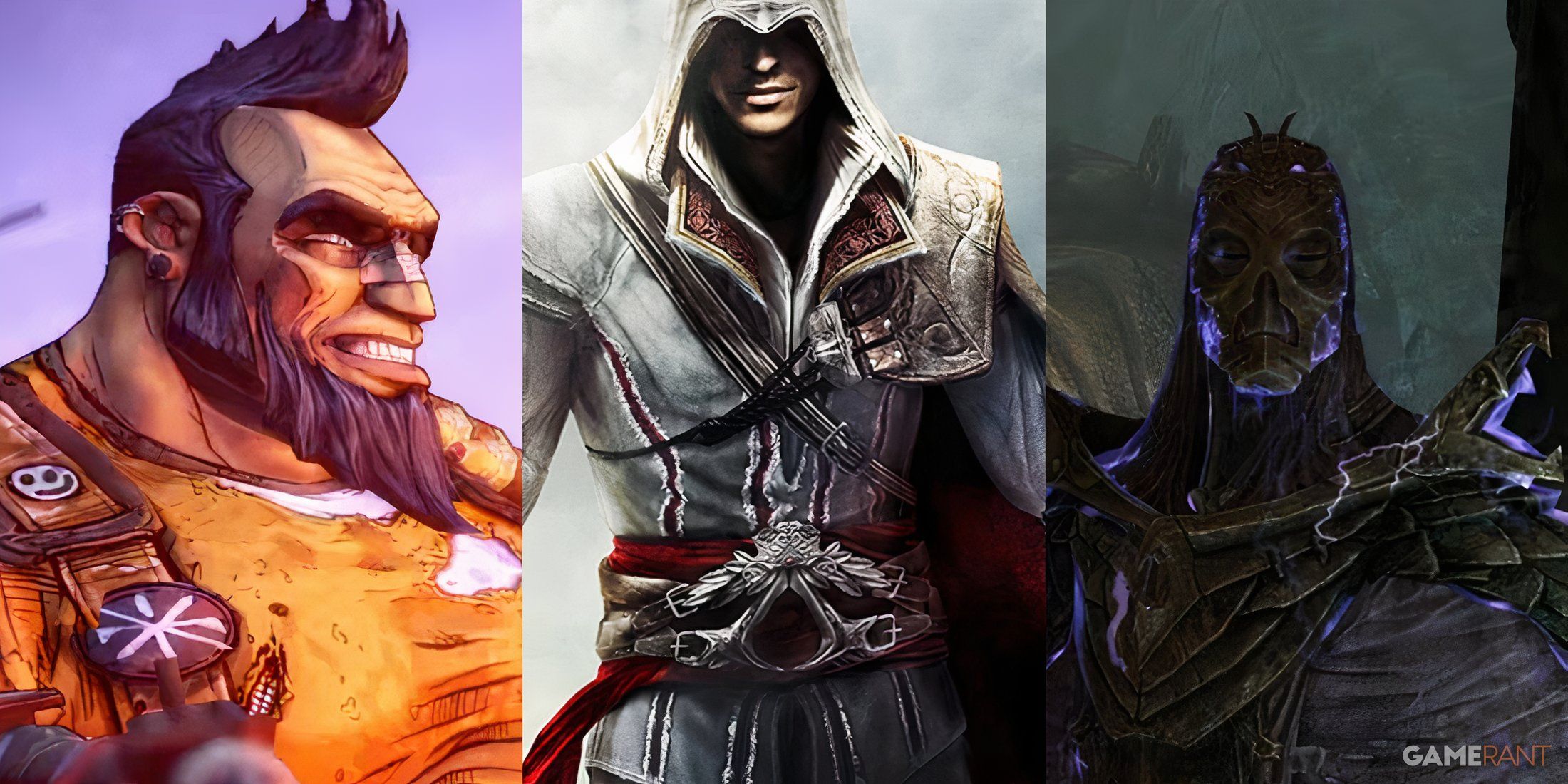Bussiness
I had $1 million in the bank at 36. When I turned 40, I vowed to pursue my passions instead of running a billion-dollar company.
This as-told-to essay is based on a conversation with George Appling. It has been edited for length and clarity.
I started my career on the standard American dream path. I grew up solidly middle class, with a mom who was a teacher and a dad who was an accountant. They were both first-generation college students, so they were thrilled when I enrolled to study business at Texas A+M University.
After graduation I was hired by McKinsey & Company, a management consulting firm, where I was a business analyst. After a few years the company paid for me to go to business school at Harvard. As a consultant, I traveled the world helping companies answer major strategic questions.
Eventually I became an executive, and later the CEO of a cell phone distribution company owned by private equity, that did more than $1 billion in revenue. It was lucrative work. By the time I was 36 I had $1 million in the bank.
I loved the work I was doing and the technology I promoted, but it wasn’t my passion. I was helping rich companies get richer. That was fine, but I wasn’t sure it was my entire life. So, I took my Blackberry off its holster on my hip and made a note on my 40th birthday. It just said “STOP.” On that day, I vowed, I would stitch from doing what the world wanted me to do, to what I wanted to do.
I traveled the globe as an exec, but returned home for the Renaissance fair every year
I first went to a Renaissance faire on a middle school field trip. As soon as I walked in, I felt like I had found my home. My spirit came into my body, and I felt like I belonged.
I’ve gone to the Texas Renaissance Festival every year since I was 16. Even when I was living in Australia, England, or Russia for work, I flew home so I wouldn’t break my streak. I love the music, the animals, the craftsmanship — just everything.
When I did the math I realized that someone was making a lot of money running the Renaissance Festival. I realized I could create a business opportunity from my passion. In February 2010, I co-founded the Sherwood Forest Faire, a medieval Renaissance fair outside of Austin. I was 40 — right on schedule to start chasing my dreams.
I went from business meetings to toasting at the faire
I had the financial security to feel confident taking the risk of quitting my CEO job to start the faire. For two years, from 2012 to 2014, I focused on building that business. I also learned more and more about combat, and started performing in sword fighting shows.
One day I was at the faire, literally on a horse, when an old friend called me about a venture he was starting. I told him I couldn’t talk — I was playing dress-up — but he invited me to come see his technology. I was impressed by it and started a software company with him.
Courtesy of George Appling
From 2015 to 2018 I had a foot in both worlds: running the faire while also launching a tech company. I would travel to Barcelona for Mobile World Congress, a major tech networking event that was held annually in February, just before the faire’s season. I’d be up till 2 in the morning, then catch a flight home to Austin where I would open the faire with a midnight toast.
It was brutal, but I absolutely loved the work I was doing.
I have 8 businesses now
These days, much of my time and attention goes to the Sherwood Forest Faire. We’re open weekends in March and April, and run a summer camp during the summer where kids can have hands-on learning experiences with everything from blacksmithing to horse riding. I also co-own a mead business, sell historical weapons and armor, and rent castles.
Plus, I have pursuits not related to the middle ages — I do executive coaching, where I teach people to become “passionpreneurs,” and still help operate an audio software business.
All eight of my businesses are doing well financially. But the most important thing to me is the joy that the faire and its summer camp bring to people. I want that to be my legacy, and I’ve set up a trust to continue the faire even after I die.
When I’m on my deathbed, I want my last words to be “the show must go on.”








